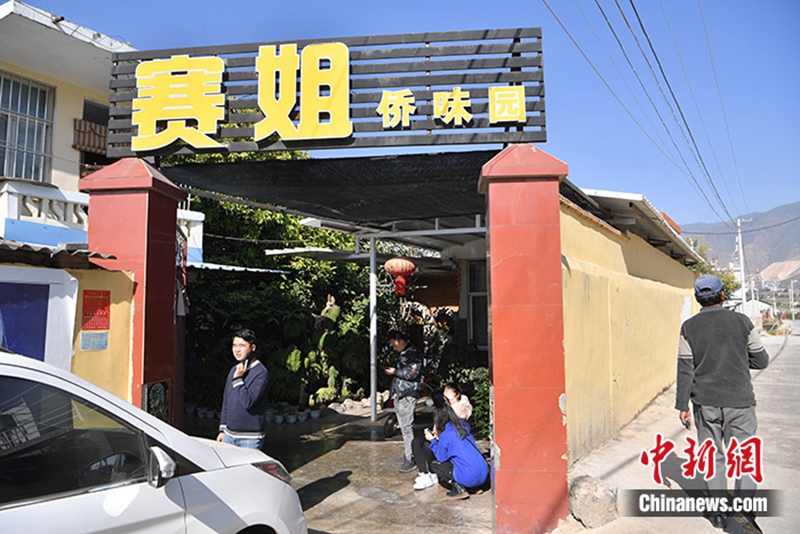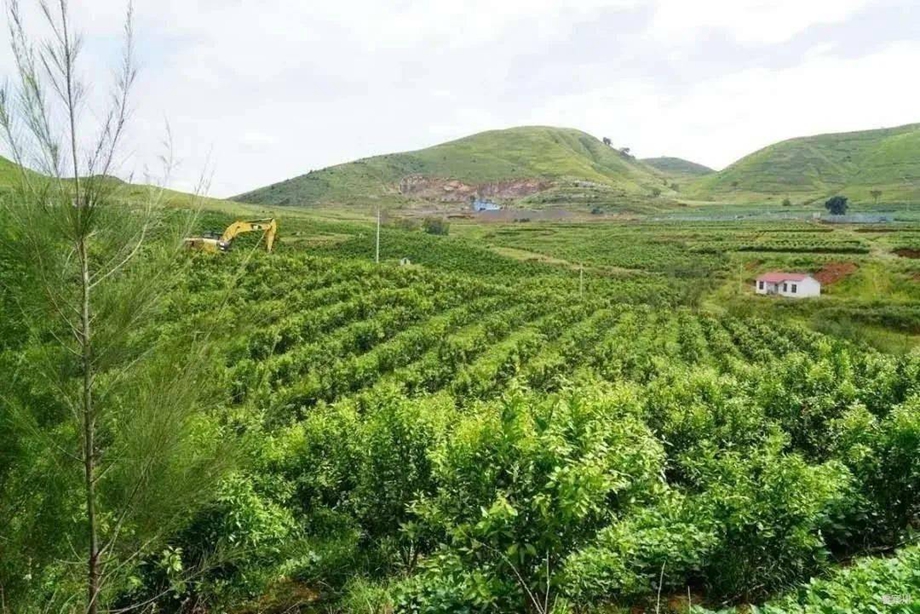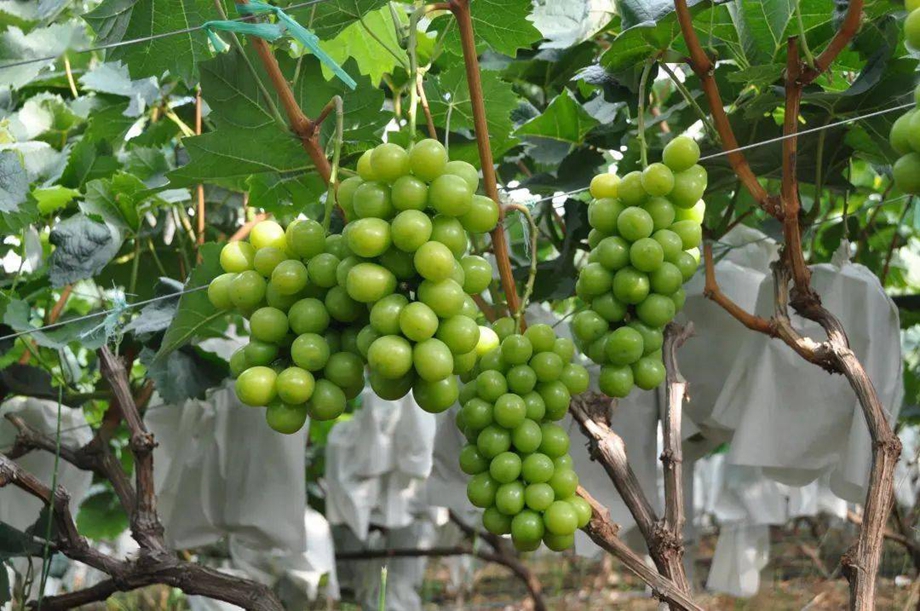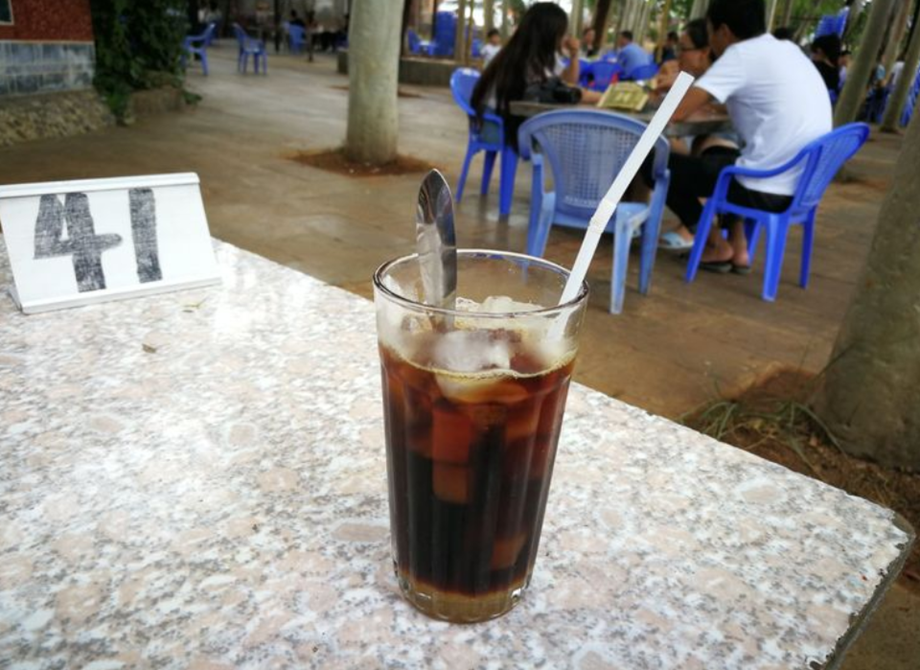Binchuan: Passing down overseas flavors
At the year end, weddings were going on in the Liujiawan overseas Chinese community in west Yunnan’s Binchuan county. Ms. Sai, aged 62, is a famed chef in the area, and as a returned Chinese from Vietnam, she was invited to the marrying families to arrange the feasts. Braised pork with preserved vegetable, spring roll, fried beef with pineapple are distinct local dishes with ASEAN flavors, which have somehow increased the county town’s fame and exoticness.

From 1950s to 1970s, returned Chinese from Indonesia, India, Myanmar, Vietnam and others got settled in some Binchuan farms for returnees. Now, around 8,000 returned overseas Chinese and their relatives live in the area, and they maintain contacts with friends in 25 countries and regions, such as the US, Canada, and Singapore, as well as China’s Hong Kong and Macao.
In China, Liujiawan is a well-known community of returned overseas Chinese. Built in January 1958, it was first called the farm of Taihe, or supreme harmony. And the settlers were mostly the overseas Chinese and their relatives returned from Vietnam and Indonesia in the 1960s and 1970s.
In 1978, 20-year-old Ms. Sai moved to Binchuan from Vietnam, together with her parents. As China quickened its reform and opening-up and introduced series of policies benefiting the returned overseas Chinese, life for the returned families bettered off. “I rely on the country and myself,” said Sai. Since the returned ones mostly had experience in conducting businesses, they ran restaurants of the ASEAN flavors after farming.


Ms. Sai learned to cook the delicacies in her childhood, for her mom was a master hand in Vietnamese dishes. “My son and daughter also both followed my step to be a cook,” Sai said with pride. In 2014, the family opened a Vietnamese restaurant in their court yard —— Ms. Sai’s Garden of Exotic Flavor. The dishes were favored by both locals and visitors, some of whom came from Kunming or even outside Yunnan. While tasting the overseas dishes, they also learned about the history of the communities of returned overseas Chinese.
“Foods carry one’s own culture and sentiments,” said Du Xiaoxia, Sai’s daughter. While chatting with the guests, Du finished making a plateful of spring rolls adeptly. In her view, to pass down the exotic dishes is to retain the most authentic flavors, while preserving the special memories of the communities for the returned Chinese. Du disclosed that someone wanted to join in the business, but they turned down the offer. “Outsiders cannot really focus on our overseas tradition.”
Now, the exotic flavors have become a signature of Binchuan. Hanging around the county town, visitors can at times come across the restaurants by returned overseas Chinese, where a diversity of accents can be heard. “Besides tasting the overseas dishes, they can also sip the Erdui/two-pair coffee,” said Du Xiaoxia.


Drinking coffee is a tradition from the forefathers who used to live in Southeast Asia. In 1985, Xian Jinhua, an overseas Chinese returned from Vietnam, opened a little canteen selling Vietnamese breakfast. Xian loves drinking coffee, and whenever other returned Chinese came over for breakfast, he would share with them his home-baked coffee, which unexpectedly gained popularity. Since then, he began to run the Erdui Café.
At the outdoors café, coffee is by no means a signature of taste or elegance. Rather, it represents a deep-rooted habit and a heart-felt sentiment. Xian’s coffee is fired by charcoal and adopts the drip method. It is quite hot in Binchuan, so ice cubes are put into coffee glasses to ward off the heat. And it used to be a great pleasure for the overseas farmers to drink an iced coffee at Erdui Café, when they returned from the fields.
35 years on, the farm, where the café is located, has seen dramatic changes, but the unique coffee flavor remains popular as ever. Years ago, Xian Lianyou and his brother, sons of Xian Jinhua, took over Erdui Café, adopting new business modes. In response to the needs of younger customers, the brothers added pizza and steak to their menu. “In spite of this, the iced coffee remains to be the most popular,” said Xian Lianyou. Each priced at 12 yuan, it is still our specialty.

Times change, and so do the coffee drinkers. However, the café sticks to better inheritance by keeping up with times. “Mostly, coffee drinkers are sipping in their stories or sentiments.”
As time goes by, the ups and downs of the returned overseas Chinese and their families are now epitomized into a tableful of exotic dishes, or a glass of the aromatic Erdui coffee.
Reporting by Li Xiaolin; Trans-editing by Wang Shixue